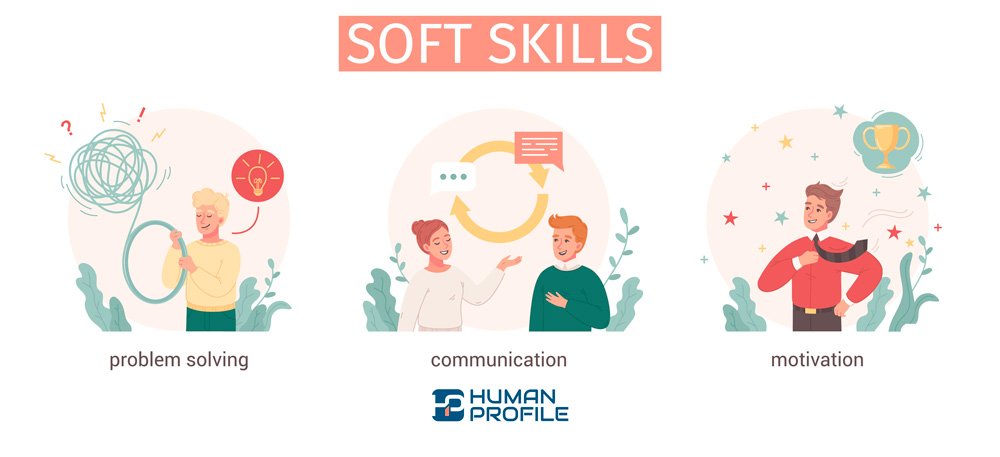The Importance of Soft Skills in the Professional World
In today’s highly competitive and interconnected world, interpersonal and behavioral skills, known as “soft skills”, are increasingly valued by employers and play a key role in professional success. These skills transcend technical knowledge and can have a positive impact on job performance, job satisfaction and interpersonal relationships. In this article, we’ll explore some of the key personal skills and their importance in the workplace. Communication One of the most important personal skills is communication. The ability to express yourself clearly and effectively is fundamental to collaboration, problem-solving and creating positive interpersonal relationships. Communication is not just about talking, but also about actively listening and understanding the needs and concerns of others. Empathy Empathy is another essential soft skill. It involves the ability to understand and put yourself in other people’s shoes, showing compassion and sensitivity to their emotions and perspectives. Empathy is fundamental to building strong relationships and dealing effectively with co-workers, clients and superiors. Teamwork Teamwork is a fundamental skill in many work environments. The ability to collaborate effectively with others, contributing your individual skills to achieve common goals, is highly valued. Teamwork not only improves productivity, but also creates a more harmonious working environment. Conflict Resolution Conflicts are inevitable in any working environment. Conflict resolution skills are crucial to dealing with these situations constructively. The ability to negotiate and find solutions that satisfy all parties involved is a valuable skill that helps maintain peace and productivity in the workplace. Leadership Leadership doesn’t just apply to managers or executives; it’s a transversal skill that everyone can develop. The ability to influence and inspire others to achieve goals and objectives, while motivating and guiding the team, is highly valued in the workplace. Conclusion Soft skills play a key role in professional success. While technical skills are important, soft skills can be the difference between an average worker and an exceptional one. Communicating effectively, showing empathy, working well in a team, resolving conflicts and leading are just some of the many soft skills that can lead to superior performance and stronger interpersonal relationships. Therefore, investing in developing your soft skills is a smart and strategic decision. These skills will not only make you a more valuable professional, but will also contribute to a more rewarding and successful career. Be aware of your soft skills and look for opportunities to improve them, as they are a valuable asset in any work environment. Find out more about our “Smart Applications”: truly functional solutions that allow you to select candidates taking into account the importance of soft skills!

